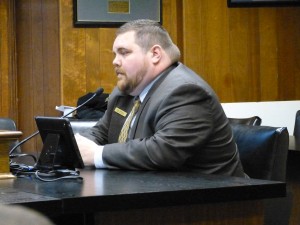Marijuana-Infused Cookie Sends Boy to Hospital
 According to news sources, an eight-year-old Oregon boy was taken to the hospital last weekend after eating a marijuana-infused cookie he found.
According to news sources, an eight-year-old Oregon boy was taken to the hospital last weekend after eating a marijuana-infused cookie he found.
The cookie was sealed and labeled that it contained approximately 50 milligrams of THC, the active ingredient in marijuana. According to the label, the cookie was intended to be divided into two “servings”–not eaten all at once, as the boy did.
Unfortunately, as states continue to legalize or relax regulations on marijuana, stories like this one are becoming more common.
For example, in February of 2015 a 20-month-old Canadian toddler overdosed after eating a marijuana-laced cookie authorities said the child’s father baked. The child survived, but suffered seizures and had to be admitted to a hospital.
According to The Aspen Times, in 2014 a seven-year-old girl was taken to the hospital after eating marijuana-laced candy her mother brought home from work at an area hotel. The candy was left by a hotel guest–presumably as a tip.
Also in 2014, students in Oklahoma and Connecticut were hospitalized in separate incidents following marijuana overdose at school.
Last year four students at one high school were hospitalized after eating brownies laced with marijuana hash oil. One student was actually found unresponsive in a school bathroom.
We could go on, but these examples underscore what we have said time and time again: Marijuana may be many things, but “harmless” simply is not one of them.



 A Christian outreach in Carroll County is continuing to serve those in need thanks in part to the Religious Freedom Restoration Act the Arkansas Legislature passed last year.
A Christian outreach in Carroll County is continuing to serve those in need thanks in part to the Religious Freedom Restoration Act the Arkansas Legislature passed last year.